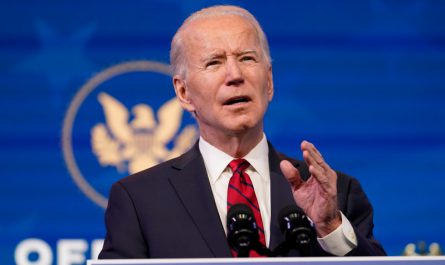
What does The Last Battle of the Chronicles of Narnia and Global Warming have in common?
The past few months I’ve been reading to my boys the Chronicles of Narnia—starting with the first book around the time Prince Caspian came out in the theaters and today we’re on chapter 10 of The Last Battle.
— Spoiler Warning —
The Donkey Dressed Like Aslan
To catch you up, Shift the Ape thought it would be neat to dress his friend the donkey in a lion’s coat and pretend he was Aslan. Tirian, King of Narnia, and Eustace and Jill end up discovering this ruse, but just before they’re about to reveal the fraud, the monkey comes out with a clever line, stating that there is a donkey dressed as Aslan, and that it’s not the real one.
Global Warming
For years we’ve heard that Global Warming is not only happening, but that it’s all our fault and that if we don’t do something now, we’re doomed. We’ve heard reports. We’ve seen studies. We’ve had former vice presidents spewing gasses into the air while profiting off of carbon credits.
And this year seemed to be a good year for this kind of thing1. October came back higher than average. And yet, it didn’t mesh with people’s actual experience:
On Monday, Nasa’s Goddard Institute for Space Studies (GISS), which is run by Al Gore’s chief scientific ally, Dr James Hansen, and is one of four bodies responsible for monitoring global temperatures, announced that last month was the hottest October on record.
This was startling. Across the world there were reports of unseasonal snow and plummeting temperatures last month, from the American Great Plains to China, and from the Alps to New Zealand. China’s official news agency reported that Tibet had suffered its “worst snowstorm ever”. In the US, the National Oceanic and Atmospheric Administration registered 63 local snowfall records and 115 lowest-ever temperatures for the month, and ranked it as only the 70th-warmest October in 114 years.
It seems that there was bad data posting from Russia, and the governing body was quickly trying to justify their proclamation, even as the data did not support the conclusion.
This wasn’t truth, or searching for the truth, this was denial. This showed that it was more important to these scientists that the data support their conclusions than to go with what the data said.
Which leaves us again with the question—if they’ve shown that they’ll preach global warming when the data says the opposite, why should we believe them?
- Despite the fact that every time they go to have a meeting on global warming they have a freak snow storm. [↩]
